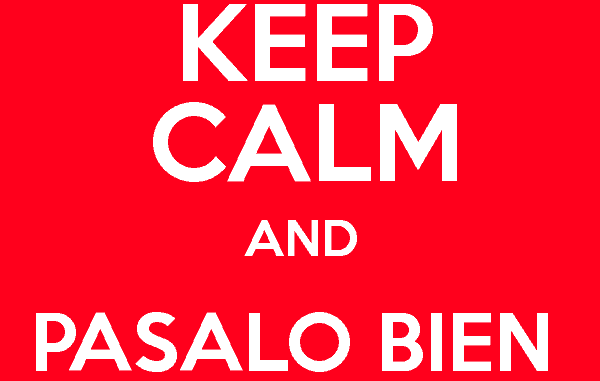Do you know what is the Spanish equivalent of “to have a good time”?
Although our initial instinct may be to say “tener un buen tiempo”, this is a literal translation that sounds confusing to native Spanish-speakers. The correct way of expressing this sentiment is using the phrase: Pasar(lo)bien.
We can use the phrase “pasar(lo) bien” in all types of expressions:
- Lo pasamos muy bien en la fiesta. We had a great time at the party.
- ¡Pásalo bien! Have a great time!
- ¿Pasaste bien el Año Nuevo? Did you have a good time in New Year’s?
- ¿Cómo pasaron el fin de semana? Lo pasamos muy bien; fuimos a la playa. Did you have a good weekend? We had a great time; we went to the beach.
We can also replace “bien” to form different expressions:
- Lo pasamos muy mal durante el viaje; los niños se enfermaron. We had a terrible time during the trip; the kids got sick.
- Lo pasé muy lindo en el parque esta mañana. I had a lovely time at the park this morning.
If we use or hear the phrase “tener un buen tiempo”, we are talking about the weather:
- Tuvimos un buen tiempo en nuestras vacaciones. Estuvo soleado todos los días. We had a great weather during our vacations. It was sunny every day.


